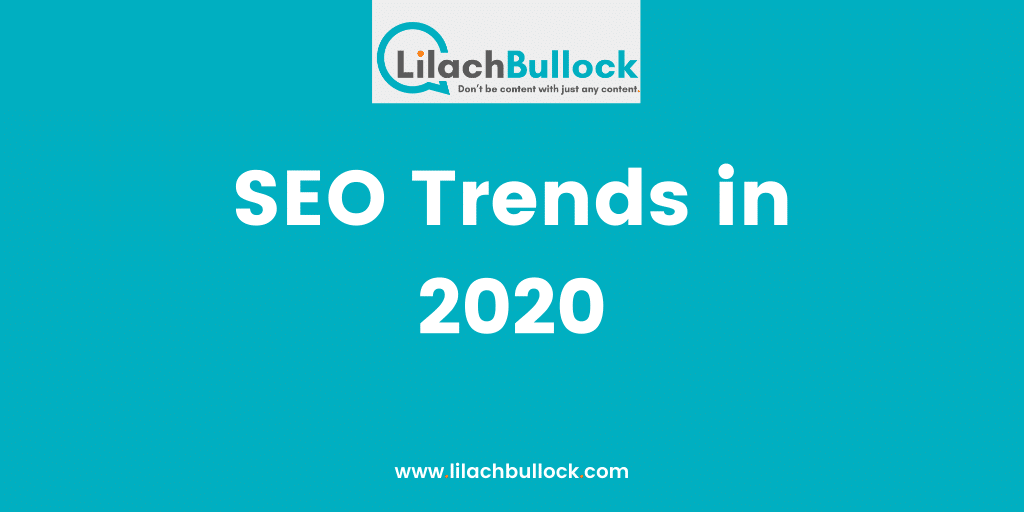Follow Lilach

SEO Trends in 2020
A quality SEO agency that has been around for many years keeps an eye out for what Google is going to plan, test, or rollouts. Every change that Google Search makes changes in how marketers strategize, execute, and create reports. Google is constantly making changes to its searches, such as recently adding COVID-related travel information on hotels and flights. This affects how SEO strategists at an Atlanta SEO agency advise their clients and structure their digital marketing campaigns.
Artificial Intelligence To Improve SEO
The 2019 launch of Google’s new Bidirectional Transformers for Language Understanding (BERT) algorithm created quite a buzz among SEO professionals.
This algorithm has a network base for processing natural language. Basically, it looks at how a website is crawled, indexed, and searched, and how language is used to get more relevant results. This is based on machine-learning technology that has been around since 2015 called RankBrain. Using the data input from the billions of searches conducted each day, the computers are able to teach themselves how to determine which relevant results to pull up in search engine queries. It was intended to better understand search engine queries and to match users with websites that have high-quality content that has been visited many times for the same search. With more searches being conducted, computers are able to learn faster and match users with better results.
Voice Search Engine Optimization (VSEO) Will Become The Preferred Method Of Searching
Voice search allows users to conduct a search query by speaking into a device that generates results. Speech recognition technology has become much more precise in the last few years. Devices are able to respond to voice queries and deliver the search results verbally back. Voice searching is a trend that has been on the rise since 2018, and in 2020 it is only expected to be used more often.
Entity Engagement
There are three factors that affect your local search results: relevance, distance, and prominence. Relevance refers to how your business matches what the user typed in so that someone who is looking for Asian food doesn’t get search results for Asian art instead. Distance refers to how far you are from a business based on your location. Lastly, prominence is about how popular your business is. This last factor Is also affected by your social media and what people say about you online.
Engagement is going to be one of the most important factors for local SEO in 2020. Studies show that 46% of Google searches have local intent, and forecast that number to rise to 50% in 2020. This makes it tougher for local businesses to be seen in local markets. If your brand is mentioned on social media, and videos or articles, then that can increase your engagement with your local community. If your brand receives a lot of positive reviews on Google My Business, if your business location is searched for a lot in Google Maps or if a lot of Android users have saved your business as a contact in their phone, then those signal to web crawlers that your business entity has high prominent, and thus has high entity engagement.
Data Will Drive SEO
Tracking user behavior and keyword optimization are important parts of monitoring your SEO strategy. Visualizing and data science will come to the forefront of digital marketing in 2020. Some factors you can assess for include web page loading speeds, indexing, balance rates, and response errors.

Follow Lilach















